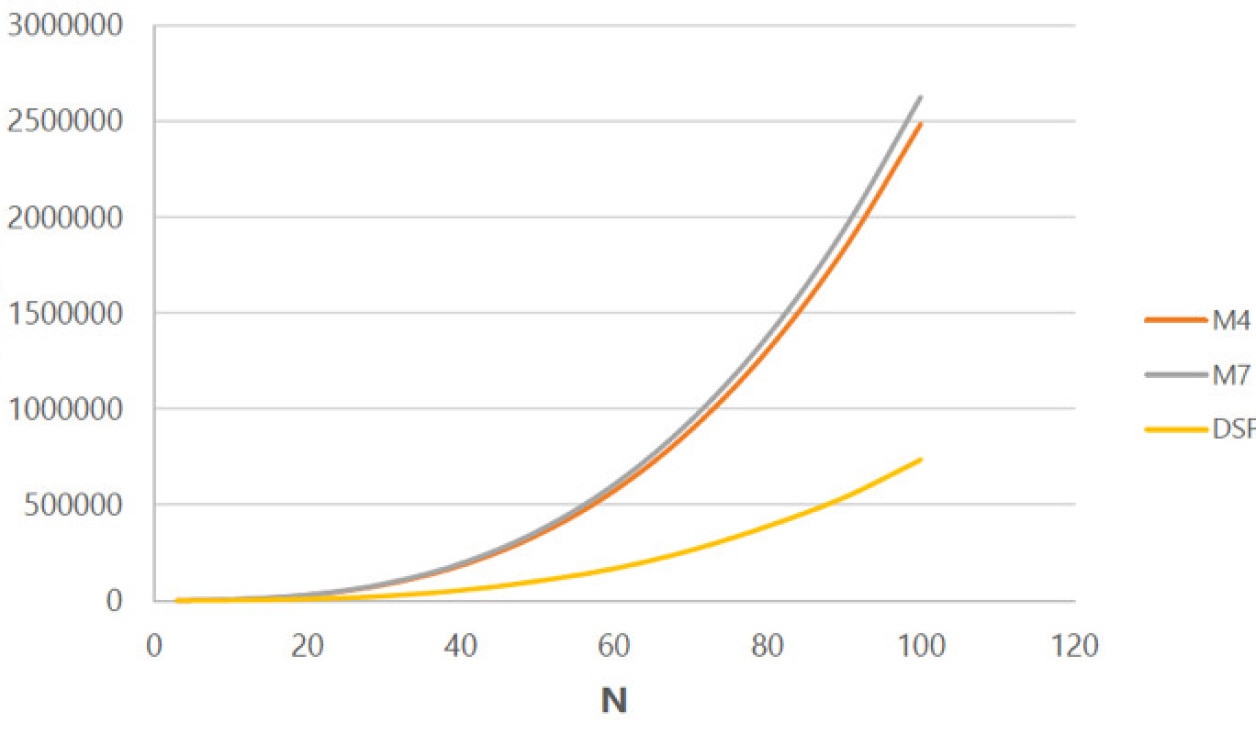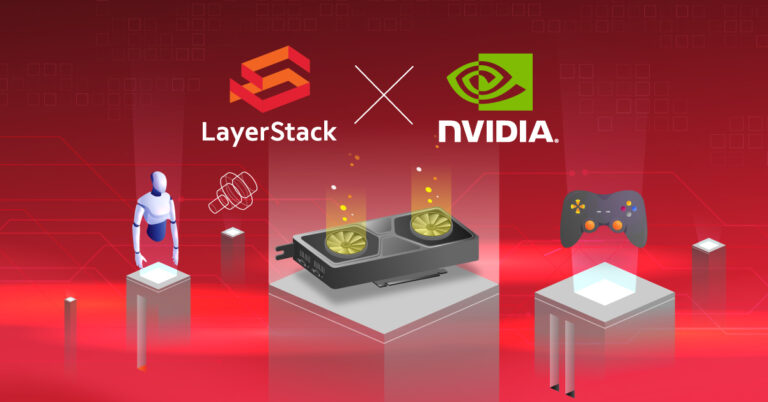


While today numerous learning factories have been built in industry (big automotive companies, pharma companies, etc.) and academia in the last decades, a comprehensive handbook for the scientific community and practitioners alike is still missing.

Further research priorities and innovative learning factory concepts to overcome current barriers are offered. The state of the art of learning factories curricula design and their use to enhance learning and research as well as potentials and limitations are presented. Learning factory best-practice examples are presented in detailed and structured manner. Definitions of the term learning factory and a corresponding morphological model are provided as well as a detailed overview of existing learning factory approaches in industry and academia, showing the broad range of different applications and varying contents. It outlines the motivations, historic background, and the didactic foundations of learning factories. This book presents the state of the art of learning factories. We also hope this paper can serve as a launch pad for the special issue on Metaverse and the Future of Education supported by the IEEE Education Society. We believe that this framework can help guide emerging research and development on the applications of Metaverse in education. 8): a) Infrastructure, business industry, and communication: b) technology access and equity, and c) user rights, data security, and privacy policy. Common to all four hubs are the factors in the three wheels (Fig. This Ecosystem consists of four major hubs: A) Instructional design and performance technology hub, B) Knowledge hub, C) Research and technology hub, and D) Talent and training hub. Here we explore learning across the Metaverse and propose a new and innovative theoretical framework by reviewing literature and synthesizing best practices in designing metaverse learning environments. Research on the impact of the Metaverse on education exploded in 2022. Metaverse is considered the third wave of the Internet revolution, and it is built on new and emerging technologies such as Extended Reality (XR) and Artificial Intelligence (AI). It merges physical and virtual reality and provides channels for multisensory interactions and immersions in a variety of environments. The Metaverse is a network of 3D virtual worlds supporting social connections among its users and enabling them to participate in activities mimicking real life. This makes it possible to discuss the conceptual approaches, challenges and success factors to implement a smart factory. A fully digital twin of the physical world will play a key role in understanding the future of manufacturing.

Our goal is to give all students of all technical and economic studies the opportunity to experience the smart factory in the real world. Gallen and the strategic focus of the entire school. We are now approaching this next horizon with strong support by the Canton of St. This base is the fundament for a significant larger step. Over the last years, successful initiatives towards the Smart Learning Factory have been established. This paper describes how the Smart Learning Factory as a sample case at the university of applied sciences OST will be set up as an unique approach with three interconnected locations with a real, daily manufactured product mainly for educational purposes. This digital representation of the physical world is then the base for learning from data for a specific use case for the factory of tomorrow. A key element is the understanding of the physical goods process linked to data and IT infrastructure. Due to this complexity the standard classroom teaching is not achieving satisfactory results. The smart factory is understood as a future state of a fully connected and flexible manufacturing system, operating autonomously or with optimized interaction between humans and machines by generating, transferring, receiving and processing necessary data to conduct all required tasks for producing different types of goods. The challenge in teaching smart factory courses or digitalization of manufacturing is the complexity of the topic. The smart factory promises significant cost savings particularly for high cost labor markets.


 0 kommentar(er)
0 kommentar(er)
